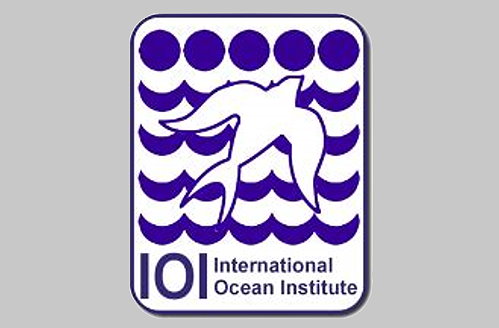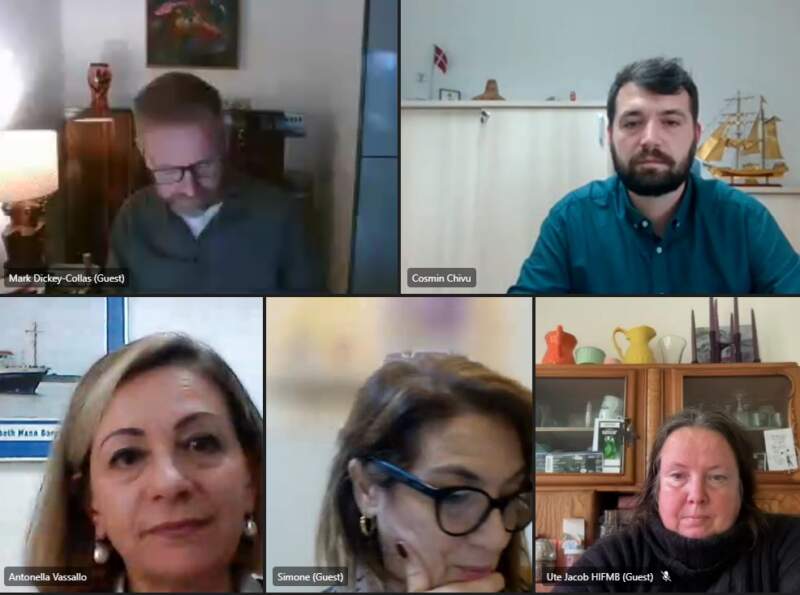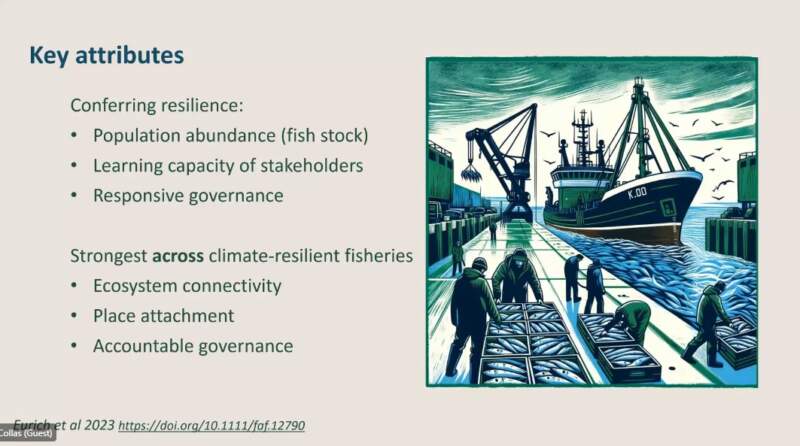 Over the last 50+ years, the International Ocean Institute (IOI) has been conducting training and capacity building in Ocean Governance with the aim of creating knowledgeable future leaders. Founded by Professor Elisabeth Mann Borgese in 1972, IOI is a globally acting, independent, non-governmental non-profit organisation headquartered in Malta and with offices in all regions of the globe. Here we summarise content from a webinar, convened on 29 February 2024. Speakers made the point that the many global issues were not to be treated as single, almost disciplinary matters. They instisted that it was more goal-oriented to address also the ramifications between issues, whether at the level of the major global treaties, such as the Law of the Sea, the Paris climate agreement or the Convention on Biological Diversity (CBD) and the Sustainable Development Goals (SDGs) or when facing more local management challenges. Simone Borg, a lawyer from the University of Malta, opened the panel presentations with an overview of the international law in place which related in one way or another to climate change and its impacts. She highlighted the many challenges in enforcing such agreements and laws when few or no institutions existed with an explicit enforcement mandate and the means to do it. Even where such institutions existed, e.g. the Maritime Court in Hamburg or the International Tribunal in The Hague, it was generally only states that could try to bring a case through rather complicated procedures. So the implementation of international law depended on translation into operational national law, supported by moral commitments or nudging by fellow states. Moreover, written law was complemented by unwritten law and some sort of gentlemen’s agreement, e.g. in relation to scientific cooperation, which could often be less cumbersome and more effective than formal agreements. Moreover, many operational collaborations relied heavily on what might be called ‘soft law’ in the form of action plans, the SDGs of Agenda 2030. Implementation needs corroboration by science, economic analyses and convincing narratives that are also accessible and understandable by media and political actors.
Over the last 50+ years, the International Ocean Institute (IOI) has been conducting training and capacity building in Ocean Governance with the aim of creating knowledgeable future leaders. Founded by Professor Elisabeth Mann Borgese in 1972, IOI is a globally acting, independent, non-governmental non-profit organisation headquartered in Malta and with offices in all regions of the globe. Here we summarise content from a webinar, convened on 29 February 2024. Speakers made the point that the many global issues were not to be treated as single, almost disciplinary matters. They instisted that it was more goal-oriented to address also the ramifications between issues, whether at the level of the major global treaties, such as the Law of the Sea, the Paris climate agreement or the Convention on Biological Diversity (CBD) and the Sustainable Development Goals (SDGs) or when facing more local management challenges. Simone Borg, a lawyer from the University of Malta, opened the panel presentations with an overview of the international law in place which related in one way or another to climate change and its impacts. She highlighted the many challenges in enforcing such agreements and laws when few or no institutions existed with an explicit enforcement mandate and the means to do it. Even where such institutions existed, e.g. the Maritime Court in Hamburg or the International Tribunal in The Hague, it was generally only states that could try to bring a case through rather complicated procedures. So the implementation of international law depended on translation into operational national law, supported by moral commitments or nudging by fellow states. Moreover, written law was complemented by unwritten law and some sort of gentlemen’s agreement, e.g. in relation to scientific cooperation, which could often be less cumbersome and more effective than formal agreements. Moreover, many operational collaborations relied heavily on what might be called ‘soft law’ in the form of action plans, the SDGs of Agenda 2030. Implementation needs corroboration by science, economic analyses and convincing narratives that are also accessible and understandable by media and political actors.

Panel view from left to right: Mark Dickey-Collas, independent researcher, Cosmin Chivu, moderator IOI, Antonella Vassallo, Executive Director IOI, Simone Borg, lawyer University of Malta, Ute Jacob, marine ecologist HIFMB,
She underlined that it was the role of the law to regulate actual or potential harm and to reduce its magnitude and impact. It was best to avoid harm, second best to remedy its sources and effects once they had become apparent. As such, law making and enforcement had a lot to do with conflict resolution. Its effectiveness was highest, when informed by broad-based information and not constrained by silo-thinking focused on just one aspect. She drew attention to the possible improvements if parallel developments under different legal frameworks could be overcome and mentioned the International Panel for Ocean Sustainability (IPOS) as one possible response to bring different strands of law and international challenges onto a more integrated platform. Ute Jacobs, a marine ecologist at the Helmholtz Institute for Functional Marine Biology (HIFMB) in Oldenburg, Germany, was next to delve into the challenges constituted by an estimated one million of species threatened by extinction and the responses so far. She pointed out that protected areas were a major instrument to stem the extinction threats particularly for the highly endangered species. The objective of giving back to nature 30% of the land and the sea as agreed in the context of the Global Biodiversity Framework was a good response, however, probably less than 10% were effectively protected. She noted that community-based conservation had shown better results than the widespread marine protected areas (MPAs) characterised as ‘paper parks‘. These MPAs had been declared by governments to meet earlier commitments. But the evidence suggested that declines were observed almost everywhere, so a key question was how to make better protection happen in practice. She highlighted that social acceptance for protected areas was crucial and that it would be most effective if also supporting mitigation and adaptation to climate change. She cautioned that the current trajectory of still increasing climate gas emissions would lead to more serious and possibly more frequent heat waves and that this would lengthen the recovery times for marine and terrestrial ecosystems. She therefore argued in favour of climate smart MPAs would be a more interesting response than single-purpose parks. MPAs needed to be integrated, connected to one another so as to cover a representative sample of different ecosystems and should specifically pay attention to also support climate objectives. Mark Dickey-Collas, an independent researcher with focus on European fisheries, reported on the analysis of a range of scientific publications to get a better handle on the interconnectedness between resources and the governance structures. He tested particularly against the capacity for adaptation of the social-ecological system and found that the prevailing management system in the European Union, e.g. with quota allocations based of historical catches, had underlying assumptions about systems stability and productivity that were not well suited in times of technological advances and climate change.

He found that among the 38 attributes analysed three were of primary importance for the outcome of system governance: the productivity of species in their ecosystem context, the range of species across the ecosystem conditions they could live in, and the risks and vulnerabilities of human fishing communities. In a nutshell, he found that the governance mechanisms were too inflexible to give good results and asked whether the adaptability of the management could be enhanced in tune with on-going changes. He noted that well-managed fish populations and ecosystems were in much better shape than those which were not. Both the habitat integrity and biodiversity parameters were better in such well-managed fisheries than in those lacking strong management. The panelists answered a number of questions in the final Q and A session. Antonella Vassello, Executive Director of IOI, mentioned that sharks and whales in some areas were improving, but dolphins were not. She underscored that education and capacity strengthening remained an absolute necessity to develop better solutions on the ground and concluded that in any evemt having ‘no data’, if ever correct, must not be an excuse for inaction given what we already know at global and regional scales. The more than 100 participants agreed. A thought provoking webinar that invited to engage even stronger for a healthy ocean needed to cope with many of the other intertwined challenges.
